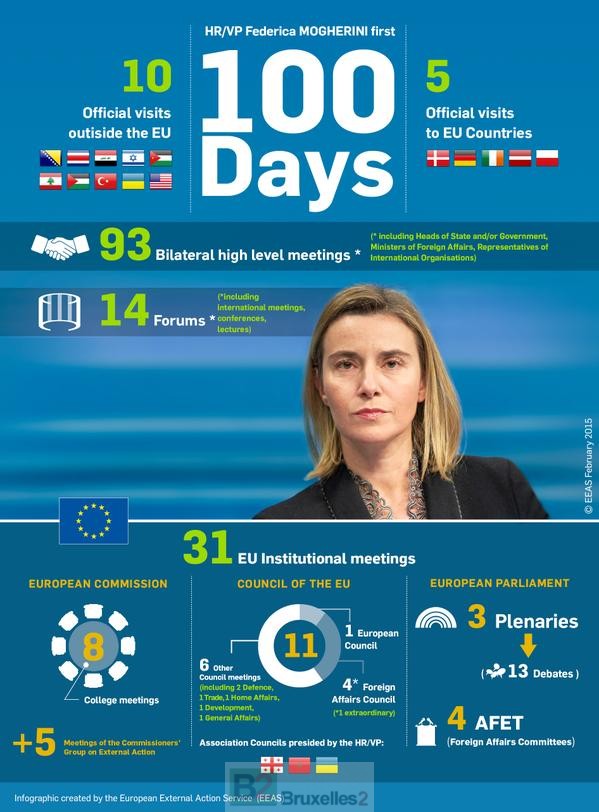Lost in translation – the Francophonie is lost in institutions (maj)
(B2) English and French are normally "working languages" (*) in foreign policy (with German in the community framework, on the side of the European Commission). This practice is now regularly undermined. The evidence...
NB: In terms of language, the only mandatory rule is the use and publication in all the official languages of the EU. No official document can normally be published until it is translated into all these languages. Practice scrupulously respected by the official journal and to some extent by the Court of Justice of the EU. In order to facilitate the work of the institutions, a practice of "working languages" has been put in place, making it possible to offer everyone a language in which they would be more comfortable, in the two major European linguistic groups (Latin and Anglo -Saxon).
Information in English
Very often, the English version is the only one available, the French version being published only afterwards (if ever). Some concrete examples on subjects that are far from technical:
26th May 2015 - the complete "fact sheet" on the European commitment in the Central African Republic (CAR), published after a major meeting in Brussels on the Bekou Fund! Only the more succinct press release is published in French.
13th May 2015 - the "communication" of the European Commission on the migration agenda. A notable effort has been made to translate various information tools (the press kit) into French (and into most European languages). This effort stopped at "official communication".
9th May 2015 - the information on Europe Day and the European Diplomatic Service (EEAS) Open Day, on the EEAS website, is only published in one language (English) although it is mainly intended for all citizens.
8th May 2015 - the two reports on the Defense Summit are published by the European Commission only in English. The press release is only written in English (a French translation is in progress...)
6th May 2015 - European Parliament - the director of the European Defense Agency (EDA), J. Domecq gave his presentation entirely in English, despite the presence of interpreters and the fact that the person concerned spoke perfect French.
April 28th - the two communications on "security" (security agenda 2015, security and development) are published in English only.
Monolingual websites
In addition, fifteen Directorates-General of the Commission (and not least the "economic" DGs) are only in English:
- Climate action (CLIMA)

- Economic and Financial Affairs (ECFIN)

- Joint Research Center (JRC)

- Trade (TRADE)

- International Cooperation and Development (DEVCO)

- Energy (ENER)

- Environment (ENV)

- Internal Market, Industry, Entrepreneurship and SMEs (GROW)

- Migration and Home Affairs (HOME)

- Mobility and transport (MOVE)

- Research and innovation (RTD)

- Communication Networks, Content and Technologies (CNECT)

- Service for Foreign Policy Instruments (FPI)

- Financial Stability, Financial Services and Capital Markets Union (FISMA)

- Neighborhood and Enlargement Negotiations (NEAR)

A European diplomatic service reduced to monolingualism
Taking into account one week of activity of the EEAS - the European diplomatic service - out of 30 information published, only 9 have a French version. And, for some (death penalty in Nebraska, Taiwan...), one wonders why.
CSDP missions and operations that communicate only in English almost
The information sites of most CSDP missions/operations are produced in English-speaking 'monolingual' mode. The only exception: missions established in French-speaking countries. But here again, French is on the decline. EUTM Mali - the site of the mission deployed in Mali (EUTM Mali) - a French-speaking country - has thus sometimes renounced the use of French for certain press releases published exclusively in English on its site.
(NGV)

